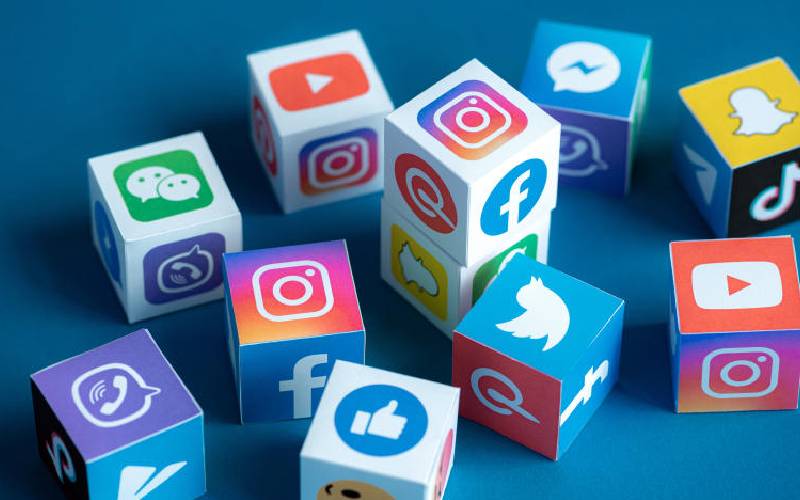×
The Standard e-Paper
Join Thousands Daily

A joke doing the rounds pokes fun at how hopelessly social media has ensnared us. Upon waking up in the morning, few people are concerned about their bodily faculties such as hearing and speech, or whether their legs are still in place. Instead, most of us head straight to our electronic devices to consume the most recent posts on Facebook, YouTube, WhatsApp, Twitter and Instagram.